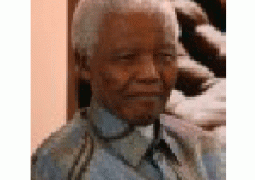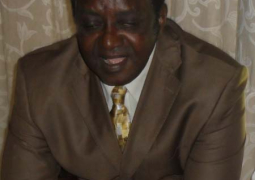Egyptians have all enshrined their names in the history books, after their resilience was tested, between 25th January and 11th February 2011, and they have proved that power indeed really belongs to them, and not their leader.
Inspired by those in
President Hosni Mubarak, 82, who had shown no sign of letting go power, sacked his entire cabinet and appointed a vice president for the first time in his 30-year rule.
Thinking that this would ease mounting protests, President Mubarak also appointed a new prime minister. As if this was not enough, the army also imposed a night curfew.
Yet, despite all this political manoeuvring by President Mubarak, protestors called for a million-man protest, and this call was heeded to by Egyptians who turned out in their numbers on the streets of
Hundreds were killed and thousands injured in the protests, but in the end, there was joyful pandemonium after 18 days of pro-democracy protests forced President Hosni Mubarak to surrender power to the military on Friday.
Mubarak, who was feared for his repression of the opposition in
As we always emphasize in these pages, the latest move clearly demonstrates the reality that power belongs to the people and to no leader.
Leaders should always read the writing on the wall, and note that whether it’s today or tomorrow, they will surely leave the presidential palace and office, as it is not their personal property.
No matter what, leaders must learn to accept and appreciate that it is the people who vote them to office, and thus should show great humility and give the electorate the respect they deserve.
Leaders must understand that the people have long recognized that they have rights, and freedom of choice in the way they are governed.
Thus leaders must govern well and recognize the people as the source of all power, if they want to succeed. Repressing the people always ends in a bad end for them, as we have seen in
The voice of the people who elected them to office should be given top priority, and not treated otherwise.
We hope and pray that
We salute the courage of the Egyptians for the personal and collective sacrifices they have made, and will now continue to make in their march towards the attainment of true democracy.
"The key to successful leadership is influence, not authority"
Kenneth Blanchard





